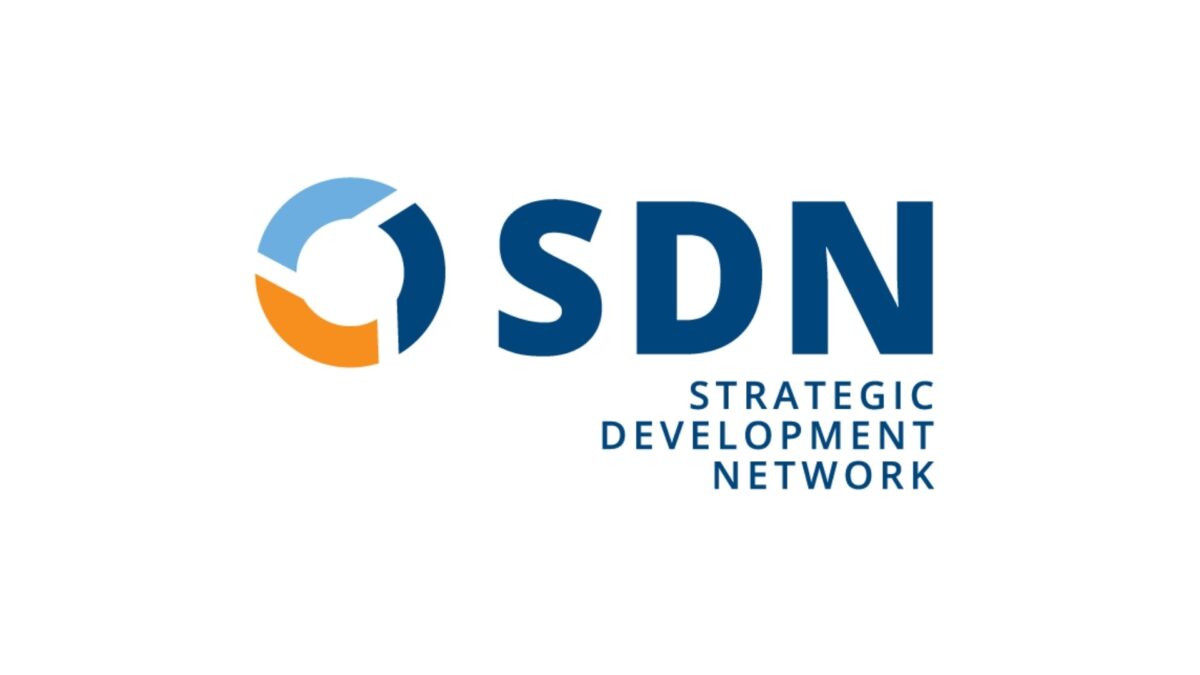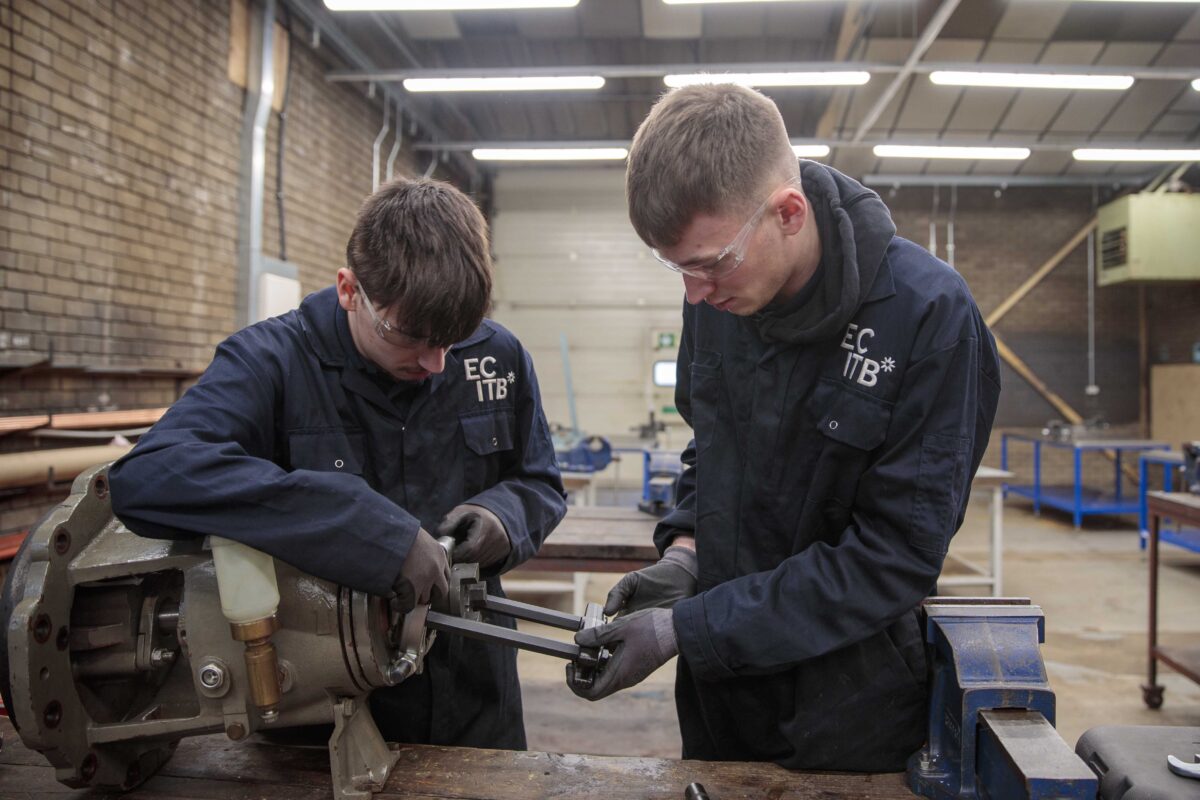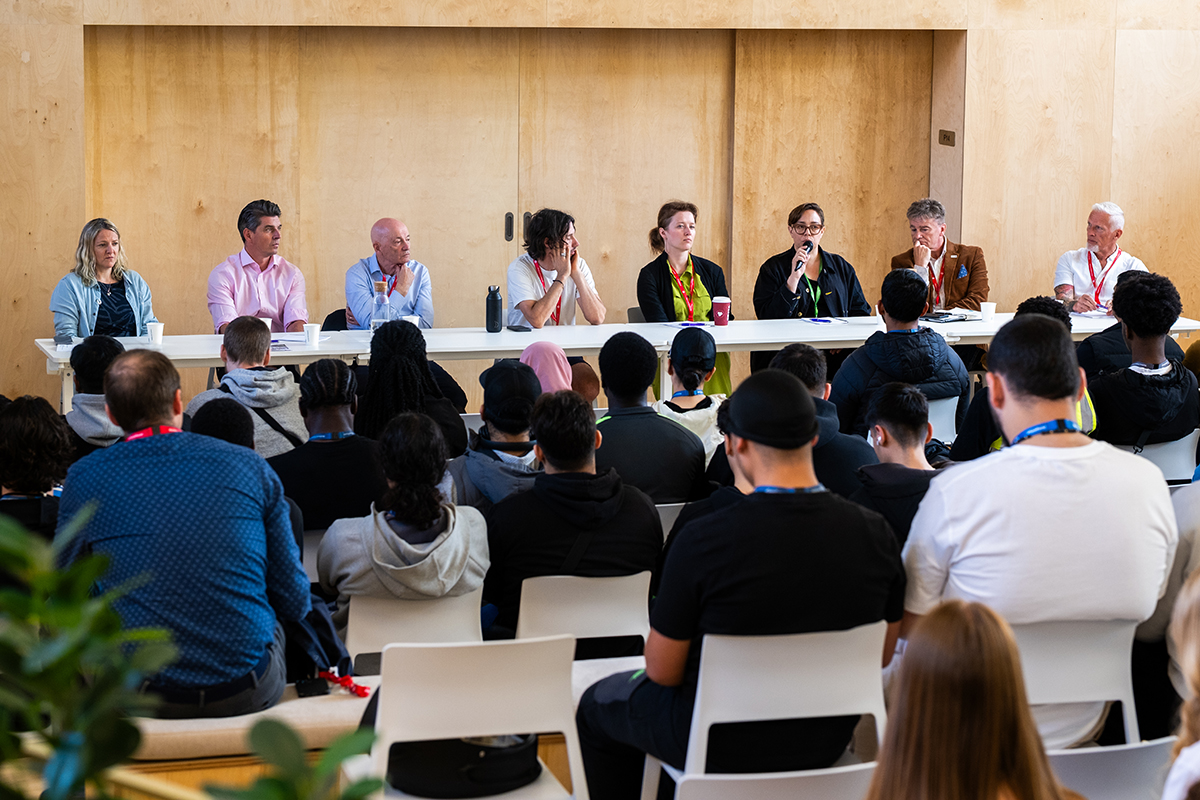How to “B” the apprenticeship standard


Incorporating and assessing behaviours
All knowledge, skills, and behaviours, known as KSB’s, are fundamental criterion of apprenticeship standards. But, for apprenticeship providers, behaviours can be difficult to embed in training plans or curriculums as well as being difficult to quantify and assess. For example, one person’s idea of “being an empathetic member of staff” might be different to another individuals.
So, how can we develop the desired “behaviours” of our apprentices? How do we build “behaviours” into our curriculum and what techniques can we use?
Before we jump in let’s look at the basics…
What exactly are “behaviours”?
The Institute for Apprenticeships and Technical Education (IfATE) describe behaviours as:
“Mindsets, attitudes, or approaches required for competence, generally across the entire occupation. While these can be innate or instinctive, they can also be learnt, so they are effectively a subset of skills.”
In fact, an apprenticeship often is the making of an effective employee. Behaviours tend to be personified and often most valued by employers, for example in terms of punctuality, reliability, creative thinking, professionalism, and emotional intelligence. And, while behaviours can be learnt, they can also be adapted or modified to meet expectations through effective coaching and management.
How can we build behaviour into the curriculum?
Apprentice providers can start to provide more practical guidance around the behaviours in standards by creating a three-column matrix. Let’s look at the example below:

What techniques can we use?
Each “behaviour” will be outlined as a broad objective within the standard, while this matrix attempts to amplify each objective by breaking it down into bite-sized tasks or activities. Next, try and imagine how the behaviours could be evidenced. This may be for example via screenshots of pieces of work that the apprentice has produced, or via written mentor testimonials. It’s important to provide tangible evidence to build up a robust portfolio for internal and independent assessment.
Interested in finding out more?
Understanding how you can best develop the behaviours of your apprentices as an apprenticeship provider is vital. That’s why we’re hosting a 3-hour Masterclass in “Developing and assessing apprentice behaviours,” from 26 Jan’23. You will work on short activities at each stage to develop your understanding and hone your skills and you’ll come away with a practical model that you can use for the apprenticeship standards you deliver.
Drawn from work with over 5,000 apprenticeship practitioners, this session will take you through:
- How to identify the apprentice’s behavioural starting point
- Mapping behaviours from the standard into the training plan/ curriculum
- Training techniques to develop behaviours, with the employer
- Monitoring progress, assessing, and evidencing behaviours
- Behaviours and preparation for end-point assessment
- Our masterclasses are interactive and practical – you’ll also have a chance to share best practice and learning points with other like-minded providers.
For more information, and to book online click here:
Developing and assessing apprentice ‘behaviours’ – SDN (strategicdevelopmentnetwork.co.uk)










Responses